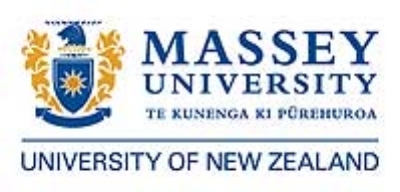Health Services
Pacific Best Practice Cardiac Rehabilitation Project
It is critical to improve the delivery of programmes to Pacific peoples given the high mortality rates for cardiovascular disease. Generic cardiac rehabilitation services have been ineffective for Pacific peoples and there is currently only one Pacific cardiac rehabilitation service operating in Auckland (Counties Manukau District Health Board). As a result, Pacific peoples have low rates of attendance and completion. An evaluation of cardiac rehabilitation programmes delivered in the Auckland region found a number of barriers to attendance: language (e.g. English), transport, work, family and other commitments. Positive features included: friendly, supportive staff motivating participants to make changes and; being in a group with other Pacific peoples increased comfort levels. Read more
A Pacific Best Practice document was developed to improve the delivery of cardiac rehabilitation programmes. The recommended Best Practice is a practical and optimal way of doing things and can be implemented by providers. Key themes cover pathways, access, programme delivery and content, relationships, staff expertise, data collection and monitoring.
The Blame Game – Constructions of Maori medical compliance
Qualitative action research of the treatment of Maori with ischaemic heart disease found a contrast in interview data between individual patients and health care providers. Clinicians widely described Maori patients as non-compliant in relation to their health. Explanations of non-compliance were diverse, ranging from Maori ignorance and poverty to attributions of wilfulness and self-destructiveness. The experiences of Maori patients suggest engaged, proactive and mindful health-seeking. The findings are discussed as a factor in the cultural competence of clinicians to work successfully with Maori, with implications for improved practice and better outcomes for Maori.
Read more
Helping Children Hear: Teachers' Experiences of Using Soundfield Amplification Systems
Otitis media rates are particularly high for Maori and Pacific children and contribute to audiometry failure rates in primary school. Introducing a Soundfield Amplification System in Hawkes Bay was shown to increase the ability of the teachers to get and maintain students’ attention, to increase students’ ability to follow oral instructions and to decrease teachers’ repetition of instructions and their verbal fatigue. Read more
Hapū Ora: Wellbeing in the Early Stages of Life
Pregnancy and the early days of life are significant times when the life course can be influenced. Bringing together life course, epigenetic and social determinants approaches, along with Maori concepts of pregnancy and wellbeing, we can conceptualise these influences on four levels: national and state systems at the macro level; community influences at the mezzo level; mothers and babies at the micro level and; exosystems (health services). Together these systems, operating within historical, generational and intergenerational contexts, have an impact on the early stage of life, with implications for life course health.
Funded by the partnership programme of the Health Research Council of New Zealand and the Ministry of Health.
More information on our Health Services research here

